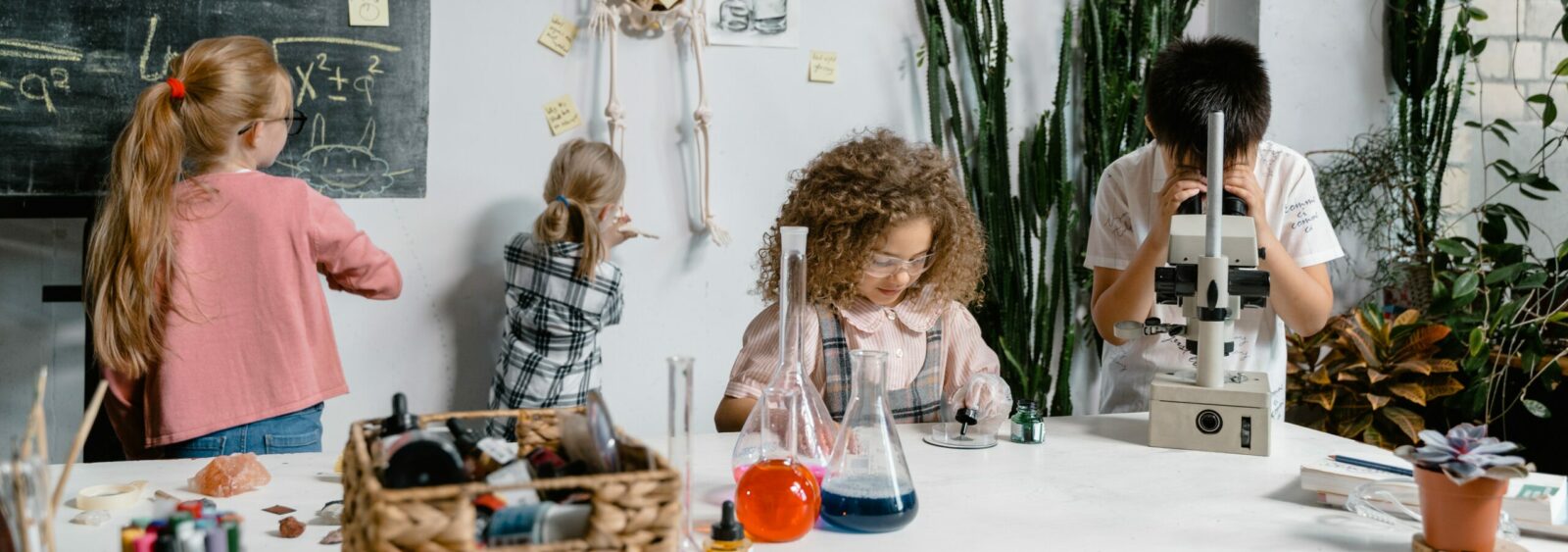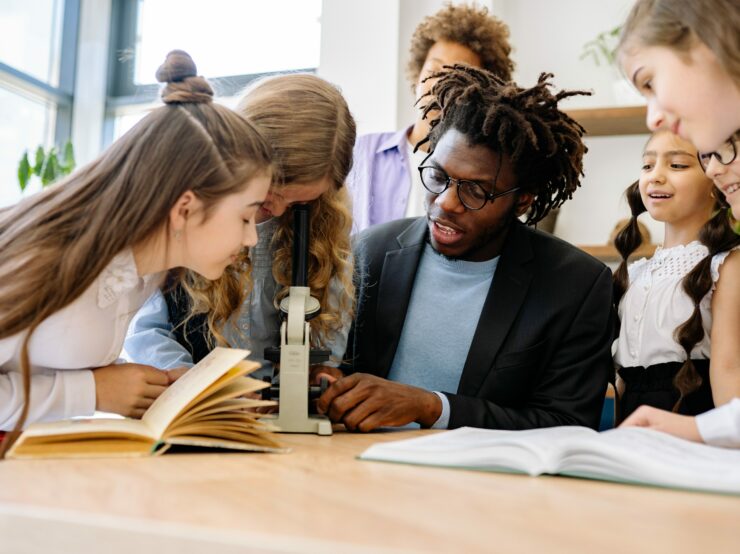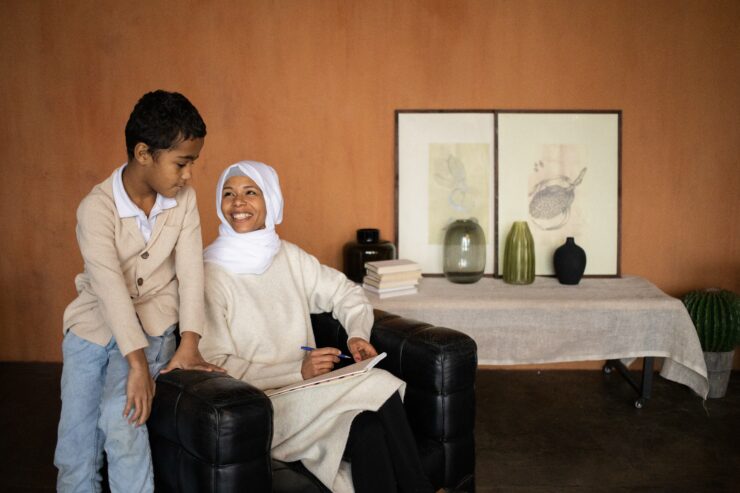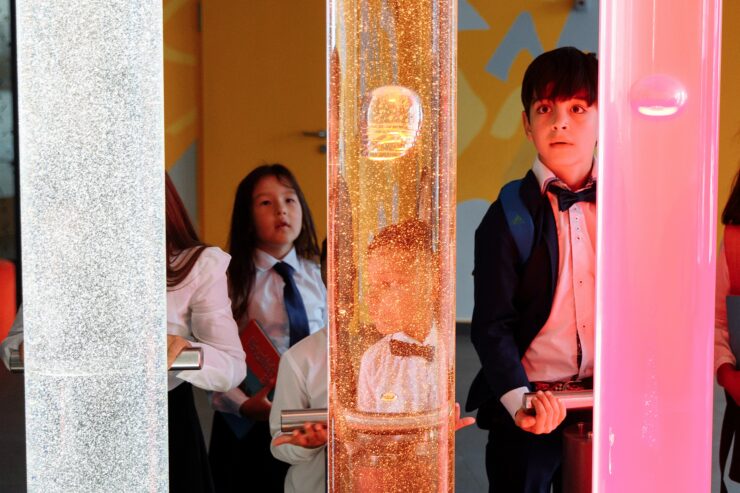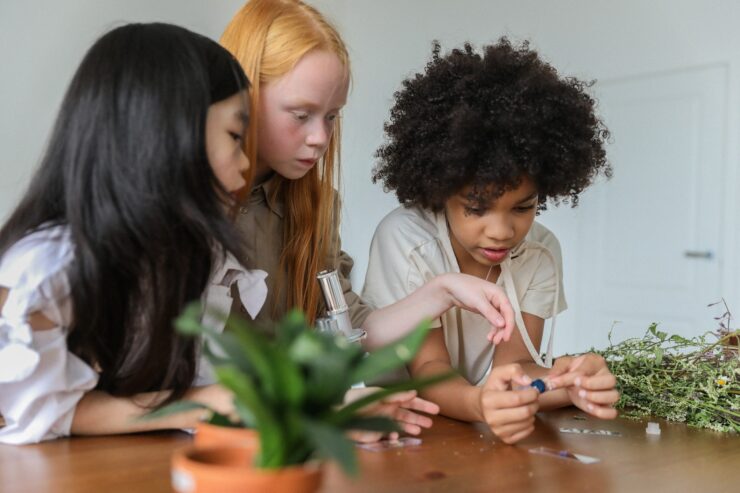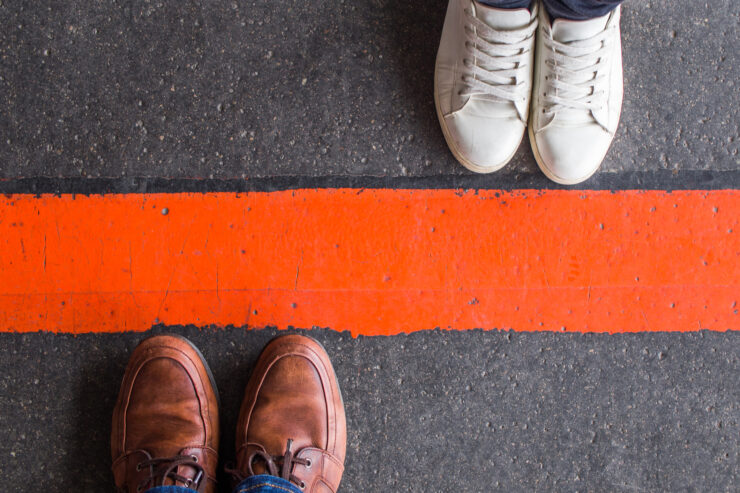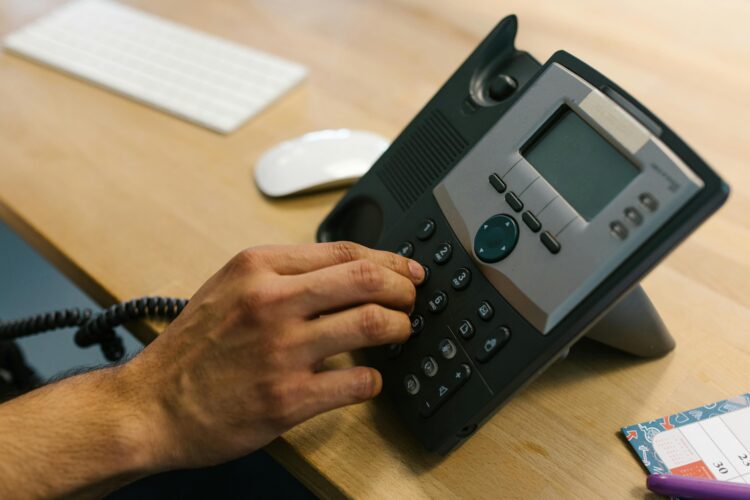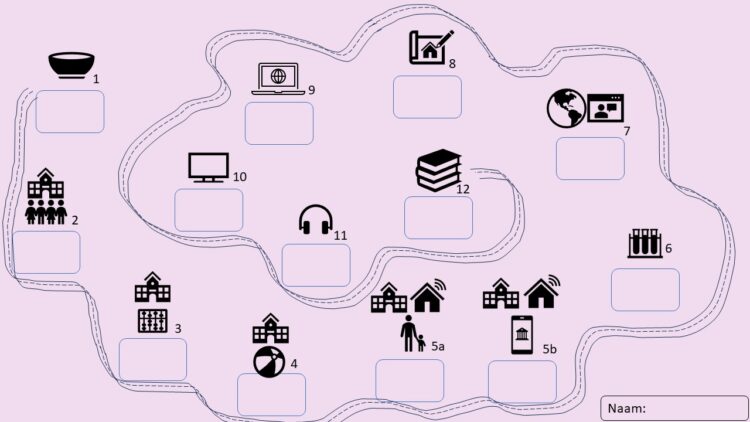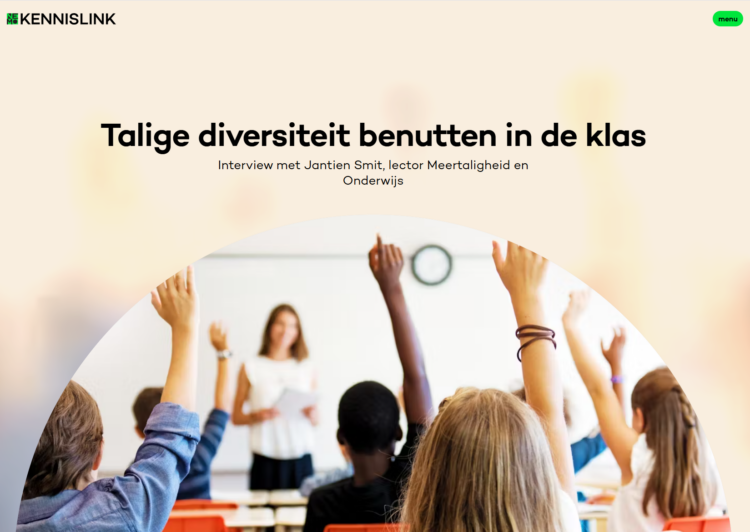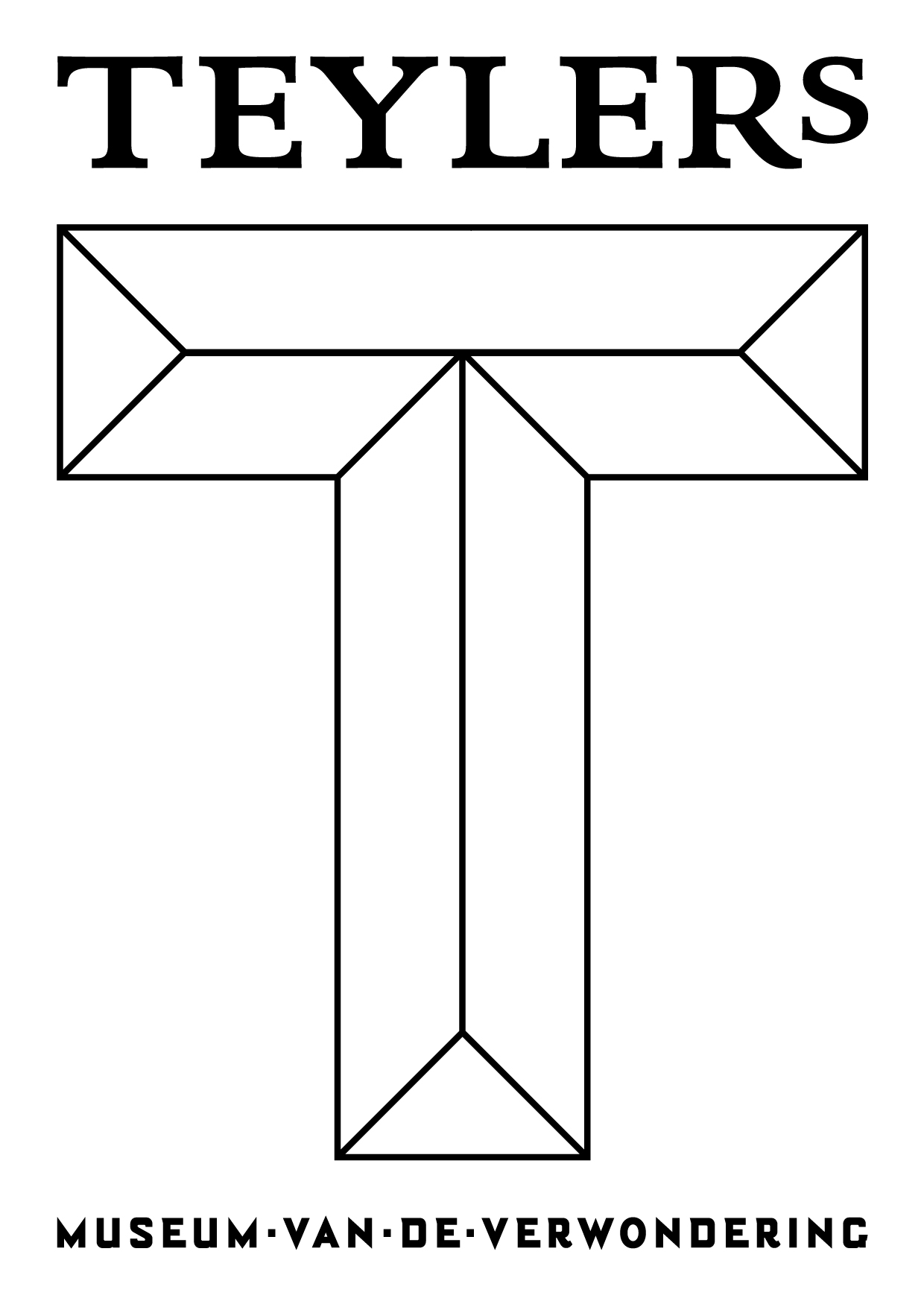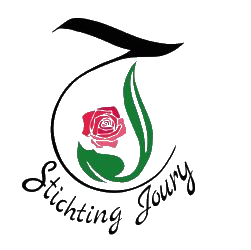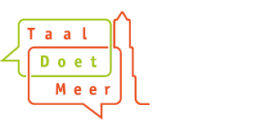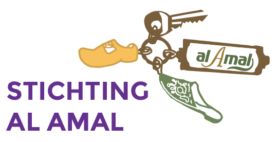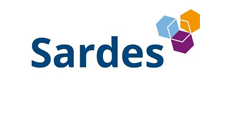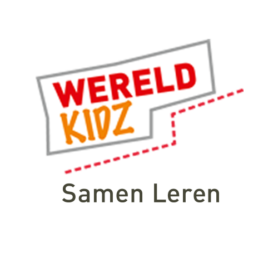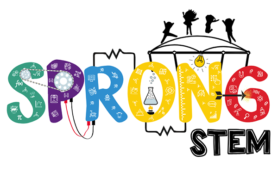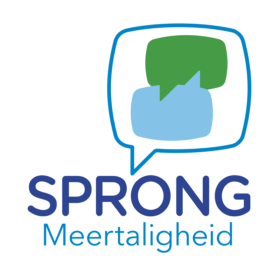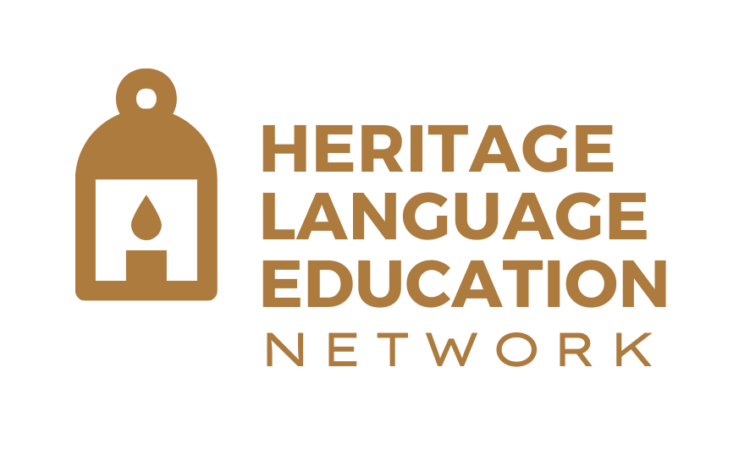Multi-STEM is a research project that aims to promote the participation of multilingual children in science, technology, engineering, and mathematics (STEM) education.
Children with a migration background can encounter obstacles in Dutch education.
Developing multilingual strategies for STEM education
Multi-STEM wants to ensure that multilingual children feel seen and heard, and that they can fully participate in education.
Multilingual children possess knowledge and skills in their home language that are lost in a monolingual Dutch environment.
That’s why Multi-STEM is developing an approach where both Dutch and home languages can be used.
Allowing a child to use all of their languages not only improves school performance, but also ensures that the child feels seen and involved.
Recent Blog Posts
-
Upcoming school group visit to the museum? Consider these tips on a quick school-museum communication to make the most out of it!
Are you a teacher taking your school group on a museum visit soon? Or are you actually on the ‘other side’ – a museum educator or volunteer expecting to welcome the school group at the museum? In this blogpost, we share some tips on what you can share with each other beforehand to make the…
-
Six strategies to find out what students can do with their languages in the classroom
Multilingual students can benefit from using all their languages in the classroom. Educators can adopt a translanguaging approach to encourage students to use their home languages to learn. A crucial first step is discovering what students can (and want to) do with their languages. In this blog, we explain why this step is so important…
-
Utilising linguistic diversity in the classroom
The multitude of languages spoken by pupils at home contains a wealth of knowledge. Schools could make better use of this. That’s the advice of the Dutch Education Council. But how can school go about this? Jantien Smit, lecturer in Multilingualism and Education at Utrecht University of Applied Sciences and co-project leader of Multi-STEM, gives…
